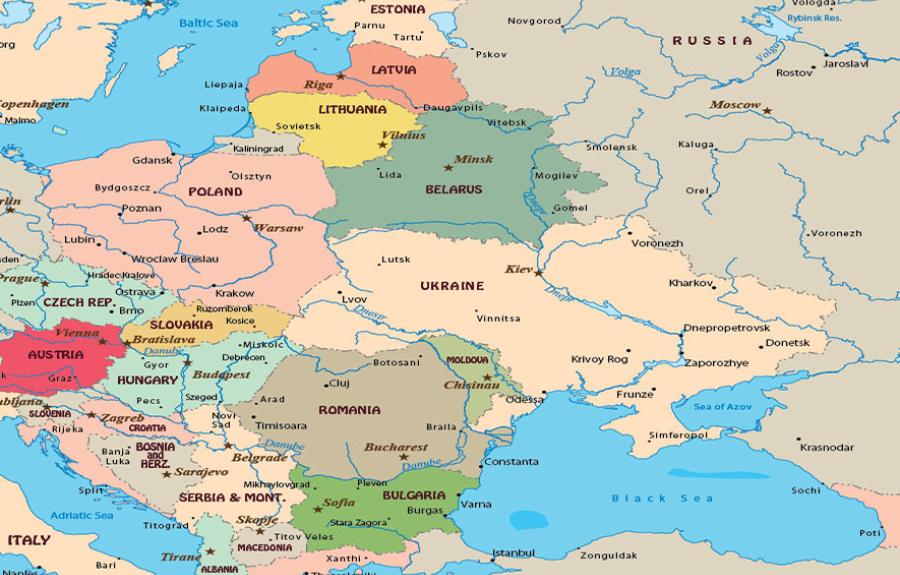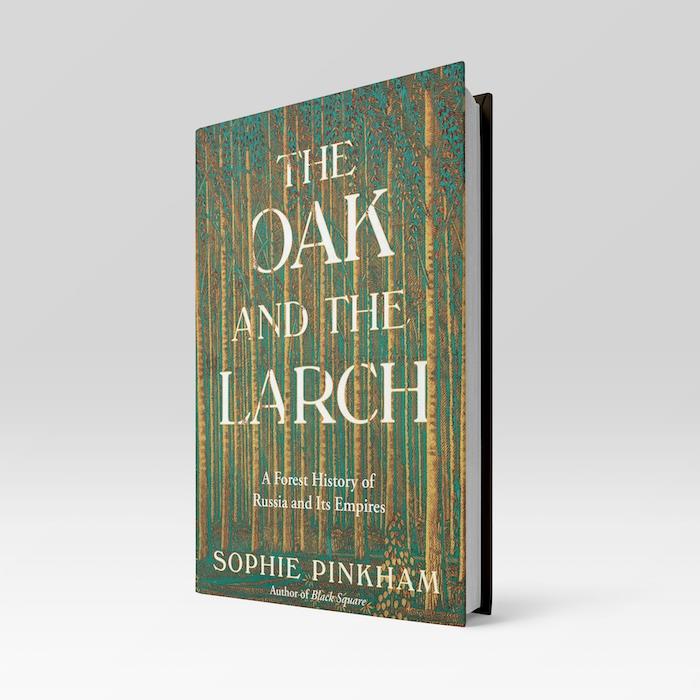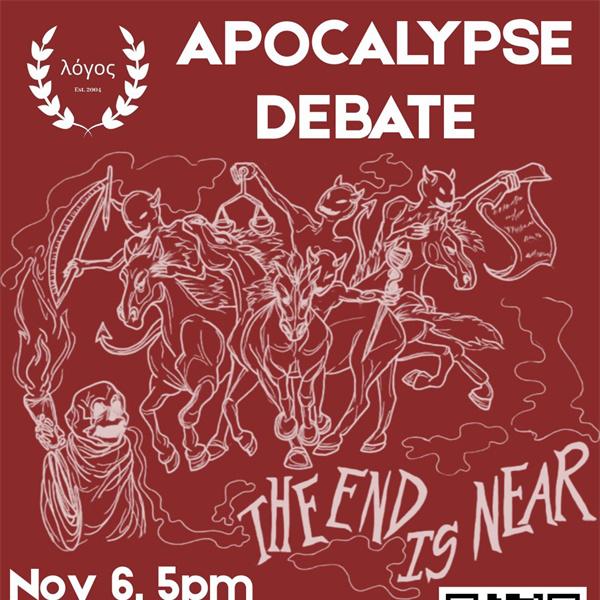The Department of Comparative Literature provides a broad range of courses in European as well as non-European literatures. Courses variously stress significant authors, themes, problems, styles, genres, historical periods, and theoretical perspectives. In cooperation with related departments in the humanities, the departmental offerings reflect current interdisciplinary approaches to literary study: hermeneutics, semiotics, deconstruction, cultural criticism, Marxism, reception aesthetics, feminism, psychoanalysis.
Primary faculty discipline areas

Comp Lit Theory Colloquium
More details about the Theory Colloquium
Theory Network
The Theory Network is made up of faculty at Cornell who work in the theoretical humanities.
Learn more about the Cornell Theory Network.
Other Resources

East European and Russian Studies at Cornell offers an interdisciplinary exploration of the cultural, historical, and linguistic richness of Eastern Europe and Russia.
Students are invited to explore the diverse societies of these regions, engaging with topics ranging from literature, language and history to contemporary political issues. Language courses include Russian, Polish, and Ukrainian, among others.





